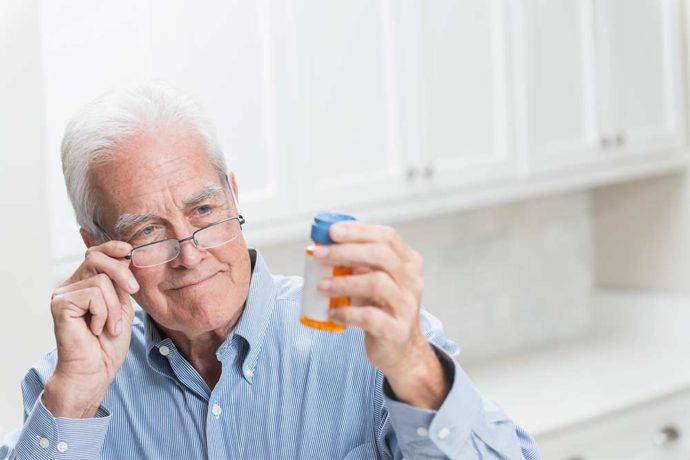Statins are a group of drugs that lowers the amount of LDL, “bad” cholesterol, found in the body by producing more LDL-binding receptors in the liver. Statins also typically result in a modest increase in HDL, “good” cholesterol in the blood. While cholesterol is a necessary part of normal cellular function, too much cholesterol increases the risk of developing atherosclerosis, when plaque builds up in the arteries. Statins are prescribed when cholesterol has reached a level, where the patient will benefit from a rapid decrease in cholesterol that cannot be achieved by diet and exercise alone.
While statins work well for the vast majority of people, 3% to 4% of people do not respond well to statin therapy; the drug is either ineffective or has negative side effects. The two primary side effects of statin therapy are muscle inflammation and liver inflammation. Statins can also increase blood sugar levels, although this is not considered a medically significant issue given the clear-cut net benefit in terms of cardiov
Even though statins are highly effective, the first step to managing cholesterol levels is to make changes to your lifestyle. Avoiding cigarettes and other tobacco products is one of the most important steps you can take to reducing your risk for heart disease. Following a healthy diet that includes fresh fruits and vegetables, whole grains, monosaturated fats and limited saturated fats will help improve not just your heart health but your overall health. For example, eating only 1-2 ounces of oat bran per day can reduce your cholesterol by as much as 15%. Oat bran, and other foods high in soluble fiber, reduces the amount of cholesterol absorbed into your bloodstream, thereby reducing total and LDL cholesterol levels.
For patients with severely high cholesterol, who have found statins ineffective or intolerable, the FDA approved a new class of cholesterol lowering drugs called PCSK9 inhibitors. PCSK9 drugs inhibit the liver’s production of the proprotein convertase subtilisin kexin 9. When this protein is inactive, the amount of LDL in the bloodstream decreases at a rapid rate. PCSK9 inhibitors have been shown to have fewer side effects than statins and can lower LDL levels by an additional 54 to 77 percent in people already being treated with the maximally tolerated dose of statins for their cholesterol levels.
Although the results of PCSK9 inhibitors are promising so far, medications of this class have been introduced only recently, and we do not yet have the extended follow-up studies to confirm long-term safety and efficacy. As such, they are reasonable choices for those patients in need but are not the first choice as a cholesterol-reducing medication.
- http://www.health.harvard.edu/heart-health/help_for_your_cholesterol_when_the_statins_wont_do
- https://www.nytimes.com/2015/08/28/health/fda-approves-another-in-a-new-class-of-cholesterol-drugs.html
- http://www.health.harvard.edu/blog/pcsk9-inhibitors-a-major-advance-in-cholesterol-lowering-drug-therapy-201503157801
 Click to Call
Click to Call

